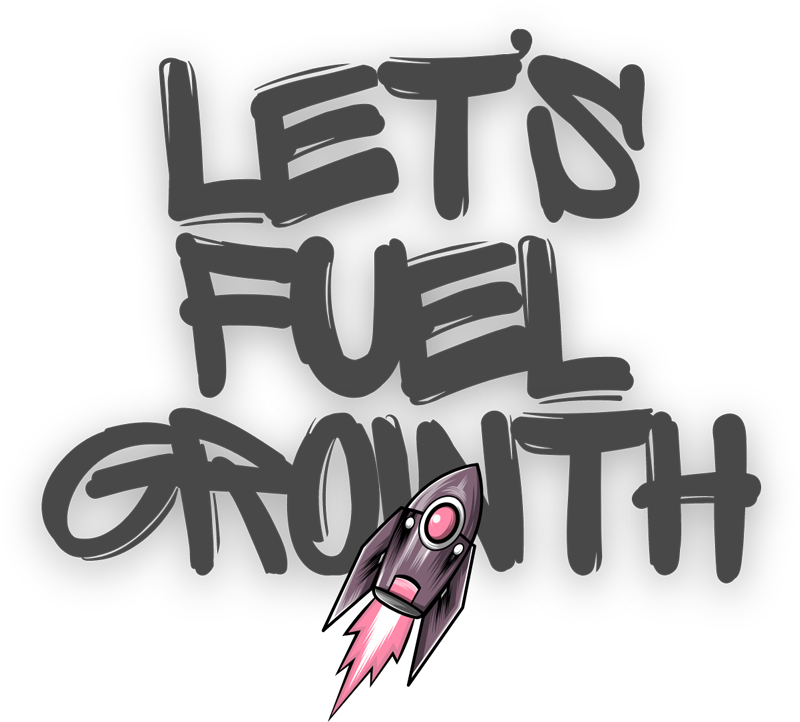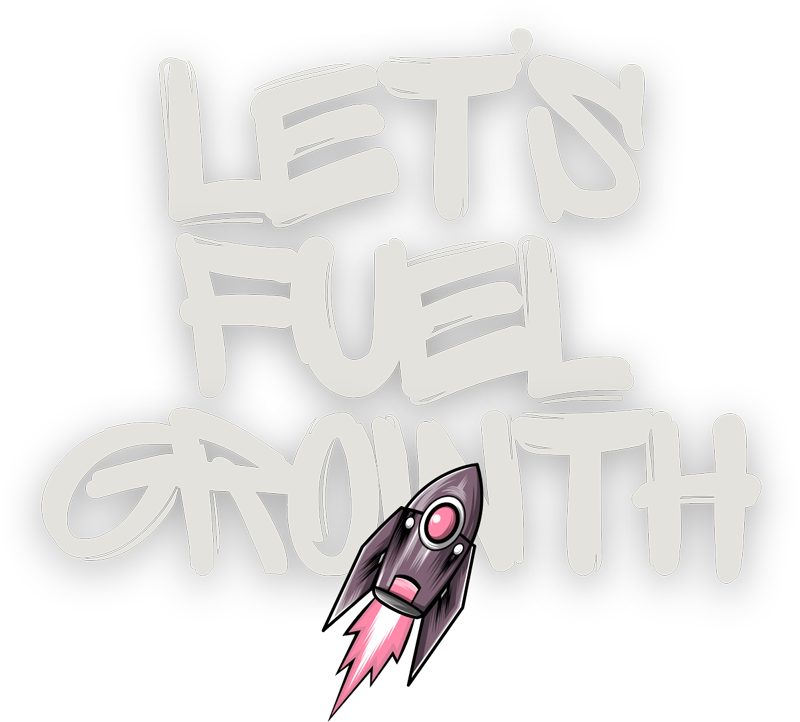Understanding Codependency in Addiction: Impact and Path to Recovery
Are You Helping or Enabling?
When someone you love is battling addiction, it’s natural to want to help. But sometimes, the lines between support and self-sacrifice become dangerously blurred. This is the world of codependency and addiction—a complex dynamic where trying to help may unintentionally hinder recovery.
At Let’s Fuel Growth, Inc., we believe in empowering people through experience, leadership, and transformative events. Whether you’re in recovery or walking alongside someone who is, understanding codependency can be the first step toward lasting change for everyone involved.
What Is Codependency in the Context of Addiction?
Codependency is a learned behavior often rooted in trauma or dysfunctional family dynamics. It occurs when a person’s self-worth and emotional needs become overly dependent on the needs or behavior of someone else—especially someone struggling with addiction.
Common traits of codependent behavior:
- Difficulty setting or respecting personal boundaries
- Constant need for approval or fear of rejection
- Feeling responsible for another person’s emotions or choices
- Ignoring personal needs to avoid conflict
- Over-involvement in others’ problems, often at one’s own expense
In the context of addiction, codependency frequently appears in relationships between addicts and their partners, parents, siblings, or close friends.
Common Codependent Behaviors in Addiction Dynamics
Many well-meaning loved ones of individuals battling addiction unknowingly develop codependent tendencies. The difference between healthy support and enabling behaviors can be hard to spot.
Codependency vs. Healthy Support
| Codependent Behavior | Healthy Alternative |
| Making excuses for their actions | Encouraging accountability and truth |
| Prioritizing their needs over yours | Practicing self-care and setting limits |
| Trying to “save” or “fix” them | Empowering them to take ownership |
| Feeling responsible for their relapse | Supporting them, not owning their outcomes |
| Denying the severity of the issue | Acknowledging reality with compassion |
These behaviors, though often driven by love and fear, can prevent meaningful recovery for both parties.
How Codependency Affects Recovery
Codependency and addiction are tightly interwoven. When one person is dependent on substances and the other is emotionally dependent on “fixing” them, a dysfunctional cycle can develop:
- The person in recovery may not fully face consequences
- The codependent partner feels needed but emotionally depleted
- Relapse becomes more likely
- Resentment and emotional burnout increase
Breaking free from this cycle is crucial—not just for the person in recovery, but for their loved ones as well.
The Development of Codependency and Alcoholism
Codependency rarely starts in adulthood. It often stems from childhood experiences such as:
- Growing up in homes with addiction or neglect
- Being forced into caregiving roles too young
- Lacking healthy role models for love and boundaries
- Trauma or emotional abuse
Over time, people learn that their value comes from helping or pleasing others—even at the cost of their own mental health. This can set the stage for unhealthy patterns in relationships, particularly with those who struggle with addiction.
Healing Codependency: Steps to Recovery for Codependents
Recovery isn’t just for people with substance use disorders codependents need healing too. Recognizing the pattern is the first courageous step.
Actionable Steps Toward Recovery:
- Acknowledge the problem: Denial is a major barrier to healing.
- Seek support: Join groups like Codependents Anonymous (CoDA) or Al-Anon.
- Establish boundaries: Learn to say no without guilt.
- Focus on self-worth: Therapy, journaling, and peer support can help rebuild identity.
- Embrace independence: Let go of the need to control others’ decisions.
- Practice mindfulness: Meditation and breathwork promote emotional regulation.
“Learn more about our 12-Step Recovery Events and how we teach leadership through experience.”
Codependency vs. Support: Learn the Difference
Supporting someone in recovery is not the same as sacrificing your own well-being. In fact, the best way to support is to empower.
Support means:
- Encouraging treatment and self-responsibility
- Being emotionally available without rescuing
- Fostering confidence and independence
- Knowing when to step back and when to step in
Codependents often confuse control with care. At Let’s Fuel Growth, we teach that true leadership begins with self-awareness and healthy boundaries.
Let’s Fuel Growth: Helping Break the Cycle
Let’s Fuel Growth, Inc. offers transformative events—from mountaineering expeditions to leadership training—that help individuals in recovery rediscover self-worth and strength. These aren’t just adventures—they’re metaphors for personal growth.
Through our programs, participants:
- Gain life and leadership skills
- Practice accountability and team trust
- Build emotional resilience in real-world settings
- Step outside codependent patterns and into purpose-driven living
Whether you’re in recovery or supporting someone who is, our mission is to ignite hope, healing, and empowerment.
Conclusion: You Are Not Alone
Codependency in addiction is painful—but not permanent. You can heal. You can set boundaries. You can grow. And you don’t have to do it alone.
Let’s Fuel Growth is here to walk with you, not just through your recovery—but through your transformation. Together, we rise. One step, one skill, one summit at a time.

